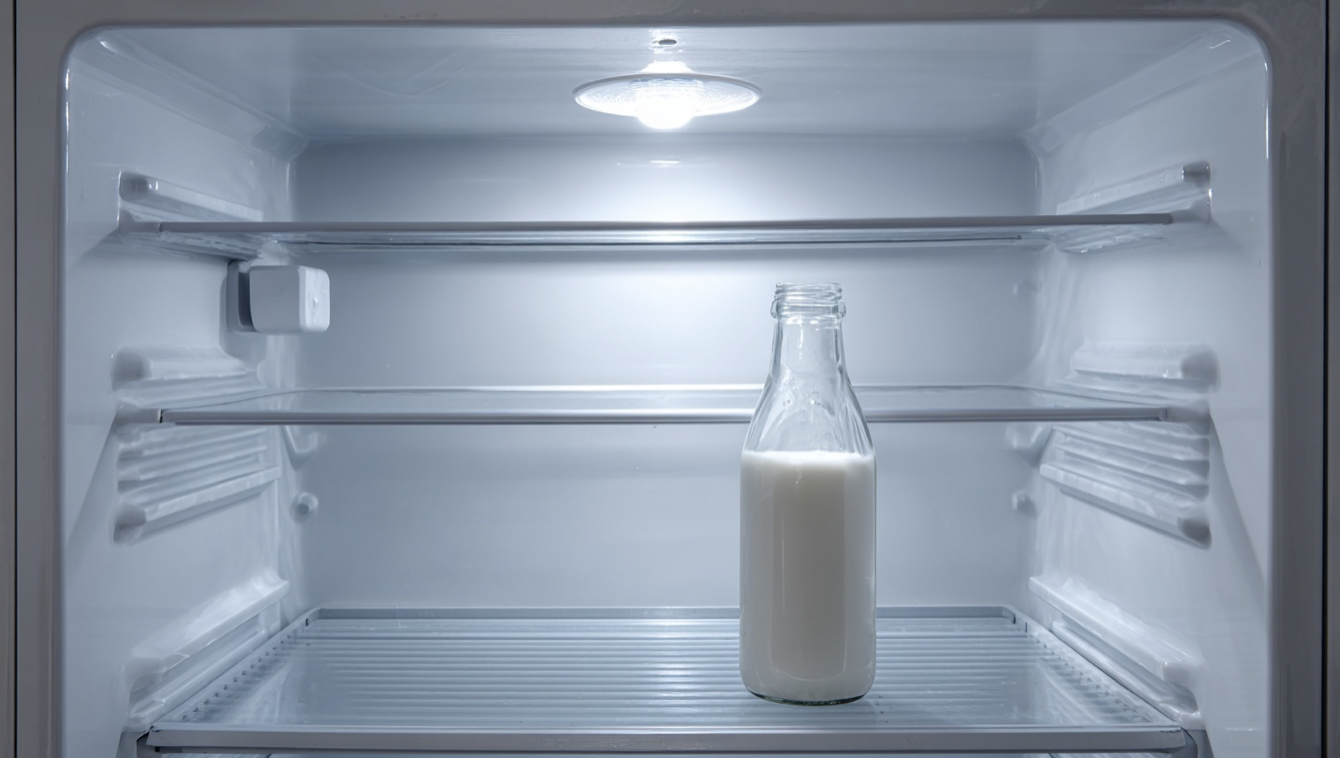LGBTQ+ people in the UK face a food insecurity rate more than double that of their non-queer counterparts, according to new data released by the Trussell Trust and reported exclusively by Metro. The charity’s latest Hunger in the UK survey reveals that 34% of LGBTQ+ individuals experienced food insecurity in 2023, compared with 15% among the broader population. Food insecurity, defined as lacking reliable access to sufficient and nutritious food, increasingly pushes vulnerable communities toward food banks—a reality illustrated by the fact that one in twelve referrals to Trussell Trust food banks come from queer people, despite LGBTQ+ individuals constituting only about 4% of the UK population.
The personal story of Zoey Salsinha, a Portuguese trans woman living in Greater Manchester, underscores the harsh realities behind these figures. Zoey spent much of 2022 surviving on a monthly food budget of just £40 to £50 while working as an NHS Trust employee and managing the financial strain caused by soaring petrol prices following the Russia-Ukraine war. The 42-year-old recounts skipping meals and relying on food banks for sustenance. 'The first time I went to a food bank, I cried,' she told Metro, describing the deep emotional toll of having to seek emergency food support in a country with more food banks than McDonald’s outlets. Her diet primarily consisted of basic carbohydrates and canned goods, with little access to nutrient-rich food. Compounding her struggles were the loss of her partner, estrangement from family, and severe anxiety and depression exacerbated by food insecurity and insecure housing.
This experience is far from isolated. The Trussell Trust’s report found that eight out of ten LGBTQ+ people referred to food banks also have mental health conditions, a significantly higher proportion than among non-LGBTQ+ users. Women and people of colour were also disproportionately represented among those referred to food banks. Furthermore, nearly 20% of LGBTQ+ respondents had experienced homelessness, highlighting intersecting vulnerabilities.
Experts attribute the elevated food insecurity among LGBTQ+ people to broader systemic issues, including discrimination and economic instability. Tom Montrose-Moss, head of insights at the LGBT Foundation, explains that food insecurity is often a symptom of deeper instability related to employment, debt, and mental health. LGBTQ+ people earn less on average and face higher rates of workplace discrimination, leading to precarious employment and income instability. Such insecurity can also strain personal relationships and increase risks of domestic abuse, creating a vicious cycle that deepens poverty and health problems.
The Trussell Trust’s survey also noted that LGBTQ+ individuals are more likely to be unpaid carers, with nearly half of these carers reporting food insecurity. This caregiving role can further stretch limited resources. Trussell Trust director of policy Helen Barnard emphasises the importance of food banks not only as sources of nourishment but as vital supportive spaces where marginalised people can find community and dignity. She encourages anyone facing food insecurity to reach out, reassuring that food banks offer a warm welcome regardless of background or identity.
The scope of food insecurity in the UK more broadly remains stark. Government data and charity reports have documented a steady rise in food bank usage, with the Trussell Trust distributing nearly 2.9 million food parcels in the current year—more than double the number a decade ago. Around 14% of UK adults experienced food insecurity in the year leading up to mid-2022, equating to over 11 million people. These issues are exacerbated by systemic factors such as low wages, inconsistent social security support, high living costs, and an increasingly insecure labour market. Groups facing intersecting marginalisation—including Black, Asian, and minority ethnic communities, disabled people, and those with mental health conditions—are disproportionately affected.
Highlighting the need for targeted support, the Trussell Trust has called on the government to formally recognise LGBTQ+ people as an inclusion group in health and social policies. This designation would enable more tailored interventions to address the specific risks and barriers queer individuals face. Such recognition would follow existing frameworks supporting other vulnerable groups, including victims of modern slavery and sex workers. To tackle food insecurity effectively, experts argue that systemic reforms are vital, including improving social security, tackling workplace discrimination, and enhancing access to affordable housing and healthcare. Source: Noah Wire Services
